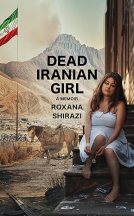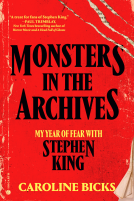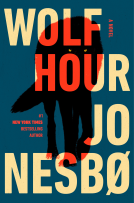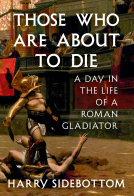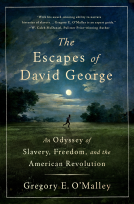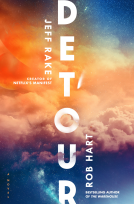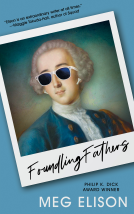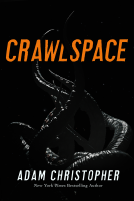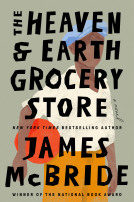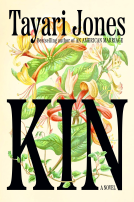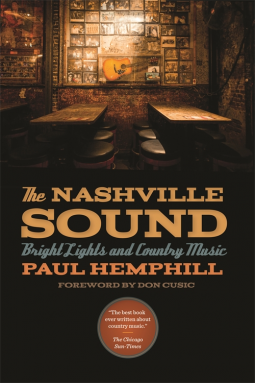
The Nashville Sound
Bright Lights and Country Music
by Paul Hemphill
This title was previously available on NetGalley and is now archived.
Send NetGalley books directly to your Kindle or Kindle app
1
To read on a Kindle or Kindle app, please add kindle@netgalley.com as an approved email address to receive files in your Amazon account. Click here for step-by-step instructions.
2
Also find your Kindle email address within your Amazon account, and enter it here.
Pub Date Apr 15 2015 | Archive Date Apr 10 2015
Description
Advance Praise
“The best book ever written about country music.”
—Chicago Sun-Times
“A first-rate book . . . that reads as smoothly and sparklingly as a bluegrass breakdown.”
—Christopher Lehmann-Haupt, New York Times
“All these years later, the Prologue [‘Friday Night at Tootsie’s Orchid Lounge’] reads as though it happened last night.”
—Country Music magazine
“A rich, raw slice of American life.”
—Los Angeles Times
“It’s the first ‘real’ book written about our music. The people, the songs, the places, all come to life in these pages.”
—Bill Anderson, singer, songwriter, and Grand Ole Opry star
“To say Hemphill is writing about country music is like saying Hemingway
wrote about boxers and fisherman. What Hemphill writes about is
America, and he has done it here with the incisive feel and the fine
sure language and that very special knack of keeping his subject alive
in print that so many of us strive for but so few of us achieve. A
damned fine reading experience.”
—Joe McGinnis, Life magazine
“Anyone ever exposed to country music—which means nearly everyone—will
go for the book the way Uncle Joe goes for bacon and grits.”
—Publishers Weekly
“A marvelously honest look at music that deals with what people—real,
live truck-driving, factory-working, beer-drinking people—feel about
life.”
—Louisville Times
Marketing Plan
No Marketing Info Available
No Marketing Info Available
Available Editions
| EDITION | Other Format |
| ISBN | 9780820348575 |
| PRICE | $26.95 (USD) |
Average rating from 4 members
Featured Reviews
 Jeffrey W, Reviewer
Jeffrey W, Reviewer
The Nashville Sound by Paul Hemphill, was received from the publisher in exchange for this review. First and foremost, the book was written 45 years ago. The re-release has a updated Foreword and some reviews from the more modern era. Having been Born and raised on country music but having been a heavy metal fan since my first KISS cassette in 1978ish, I actually knew a lot of the names in the book and had heard many of them, this book kind of picked up where I had left off. I am moving to the Nashville area in the next three to five years so I wanted to get familiar with the town, and this book was one way to do that, to get “grounded” in country music. The closest I have come to actually country music since the 1970’s was meeting Hank Williams grandson, Hank III, who has his own thoughts on the genre. Anyway I liked the book, the writer was a good writer and I recommend this book to any and all who like the old style country music. The new stuff, I am clueless about.
 Julie D, Librarian
Julie D, Librarian
What a fascinating time capsule! This book is a portrait of country music in its golden age--before cable tv, before the Vietnam War protests got ugly, before Opryland.
The author, an actual Southerner, rides shotgun on lonely highways with performers, has a malt liquor at Tootsie's Orchid Lounge, and sits in the studio with beloved local DJs as they shoot the breeze with a caller from the hardware store down the street.
He traces the roots of country music through Appalachia back to Britain: "The music was made for singing, in the distinctive, high-pitched, wailing, untrained Appalachian style, and...it was a highly personal music intended to be played and sung at home or on the village square or at such functions as barn-raisings and picnics and church meetings. This type of music can still be heard on the Grand Ole Opry...with the high nasal harmony that was taught a century ago by singing-school masters who...taught shape-note singing through the church....Songs meant more to the illiterate Southerners than sermons did, camp meetings offered a stage for the music, and the emotionalism of the Southern religion spilled over to the music."
Hemphill traces these roots and discusses the artistic feuding between the traditionalists, who didn't want drums or electric guitars on stage at the Opry, and the more modern pop-country stars like Glen Campbell and Jeanie C. Riley. He visits studios and record labels and quotes dollar figures which, even adjusted for inflation, are impressive in chronicling an industry just going supernova. There is a side trip out to Bakersfield, California, to speak with Buck Owens and investigate that city's claim to be Nashville West.
Also there is a look into music's future. Hemphill chooses as a case in point Bob Dylan's Nashville Skyline album, which had just been released, and interviews Dylan and Johnny Cash on their collaboration. Also, at this pivotal moment, Glen Campbell has just been offered his own network tv show, and Buck Owens has been approached about something called Hee Haw. Ryman Auditorium is described as "ugly," and Opryland USA is on the drawing board.
Cash has a lot of good lines in this book--it's a great tribute to him. He tells of a conversation between Cash and Merle Haggard:
Haggard: The first time I ever saw you perform, it was at San Quentin.
Cash: I don't remember you being on that show, Merle.
Haggard: I was in the audience, Johnny.
Later, Hemphill shares a backstage moment with Johnny and June:
"In a playful mood, he began to sing softly to "I Walk the Line," words he had made up that afternoon before a break in taping at the Opry House [Ryman]. 'I keep my pants up with a piece of twine...'
'John!' his wife gasped. 'Yes, love,' Cash said, getting up and strolling out of the coffee shop, a little-boy grin on his face. 'Just say you're mine, and pull the twine.'"
It must be remembered that this book was written 45 years ago, against a background of tremendous social upheaval--the Vietnam War, the hippie culture, and forced integration--and the author does exhibit a measure of racism. He uses the n-word when quoting his interviewees. He acknowledges that Charley Pride is pretty much the only African American in country music. This is a little startling, but it is an accurate portrayal of people's attitudes at that time.
I do take issue with the author's assertion that country music is the only true American music--I think blues and jazz have a much stronger claim. In fact, according to Hemphill, some of the first country music ("hillbilly") recordings were done on the Okeh label, which specialized in "race" music. But people are free to draw their own conclusions.
"The Nashville Sound" is worth checking out, as a time capsule, as a good piece of journalism. The best way to experience it is by supplementing your reading with YouTube videos of everything from the Carter Family singing "Wildwood Flower" to Cash and Dylan's duet on "Girl from the North Country."
It would also be interesting to read a companion volume that examines the cutthroat country and Christian music business industry that Nashville has become since 1970.
Thanks to Netgalley for furnishing me with a review copy of this book.
Readers who liked this book also liked:
Roxana Shirazi
Biographies & Memoirs, Nonfiction (Adult), Politics & Current Affairs
Silvia Moreno-Garcia
Historical Fiction, Literary Fiction, Sci Fi & Fantasy
James McBride
General Fiction (Adult), Historical Fiction, Literary Fiction

